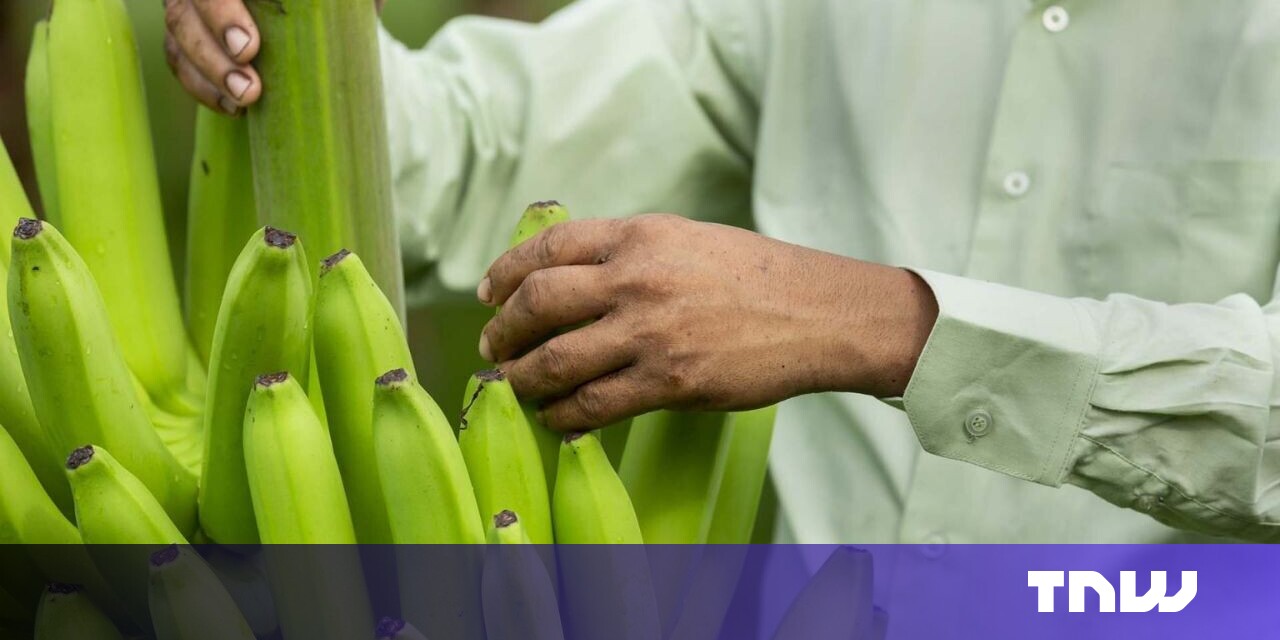
Overripe bananas could soon become a mere memory — in the Philippines, at least.
Tropic Biosciences, a startup in the UK, has tapped gene editing to banish the browning fruit — and mitigate the havoc that it’s wreaking.
Currently, over 60% of exported bananas go to waste before reaching consumers. According to Tropic, the non-browning version could cut food waste and CO2 emissions in supply chains by over 25%. In terms of CO2 reduction, the impact is comparable to taking 2m passenger vehicles off the road every year.
For the Philippines, there’s a more urgent appeal. The country is the top producer and exporter of bananas in Southeast Asia, but it’s being ravaged by a devastating plant disease. Known as Panama TR4, the disease threatens 80% of global banana production — and there’s no cure.
Tropic may have a solution: gene-editing bananas to make them disease-resistant. Unsurprisingly, the Philippine government has welcomed the prospect.
In a press release issued last month, Tropic announced that Filipino officials have given the green light to the non-browning bananas. Under the country’s newly-defined gene-editing rules, the product can now be freely imported and propagated.
“The Philippines government has implemented a science-based, transparent, and efficient process for assessing the safety of gene-edited plants,” said Dr Ofir Meir, Tropic’s Chief Technology Officer.
“This is exactly the type of system that encourages companies like Tropic to invest in innovative technologies to develop sustainable solutions for Filipino farmers.”

For Tropic, bananas are just the start. Using gene-editing tools including CRISPR and the proprietary GEiGS system, the company can change the DNA of multiple organisms. As well as delaying ripening in bananas, the startup has already reduced caffeine in coffee and increased the yield in rice.
The benefits could be vast. Tropic promises higher output, expanded shelf-life, improved disease resistance, reduced waste, and lowered CO2 emissions. The company says it can also cut costs for growers.
Investors have clearly recognised the potential. Last year, Tropic raised $35 million in a fresh funding round. The cash injection followed a $28.5 million Series B raise in June 2020.
Naturally, that splurge isn’t solely motivated by altruism. Blue Horizon, which led last year’s round, estimates that the total market for Tropic’s produce is worth over $400 billion.






